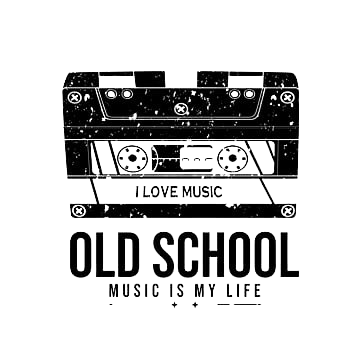Anything that Queen put out was bound to find a major audience. Especially by the turn of the 1980s, there were few bands as big as Queen. A formidable group who consistently sold out stadiums, charted hit singles, and notched platinum selling albums.
But Freddie Mercury was difficult to satisfy. If he felt that a certain piece of work had been misrepresented or not given its proper due, he was vocal about his discontent. Hot Space, the band’s second album of the ’80s, was more explicitly inspired by funk and disco than previous efforts. According to Mercury, Americans got what the band were trying to do, with England struggling to keep up.
“In this case, with Hot Space, I think it is a big risk and the public have been torn between two,” he opined. “I hope the Americans will see it as something new because the other side of the spectrum is that England just totally ignored it. It was obviously not their cup of tea. So, they just rejected it totally.”
Mercury was especially upset over the reaction to the album’s second single, ‘Body Language’. A synthetic and dance-inspired track, ‘Body Language’ incorporated a greater layer of electronic elements that the previously hard rock-focused act normally utilised. The album’s first single, the David Bowie collaboration ‘Under Pressure’, topped the charts in the UK, but ‘Body Language’ topped out at number 25.
“I’m extremely upset — outraged, in fact,” Mercury said. “I just think they could have given it a chance. I mean, I know ‘Body Language’ was the first one of its kind from us, but it met with such disapproval in England. God!”
“If they think that because of that situation, I’m going to send leave back and come out with a rehash of ‘[Bohemian] Rhapsody,’ they’re mistaken,” Mercury contended. “There’s no way I’m going to see that. But I’m glad that the Americans have seen that side of it.”
‘Body Language’ did in fact do better in America, just missing out from the top ten at number 11. From there, Queen would rarely return to the harder edged material from their past, instead focusing squarely on operatic balladry and experimental electronica.

